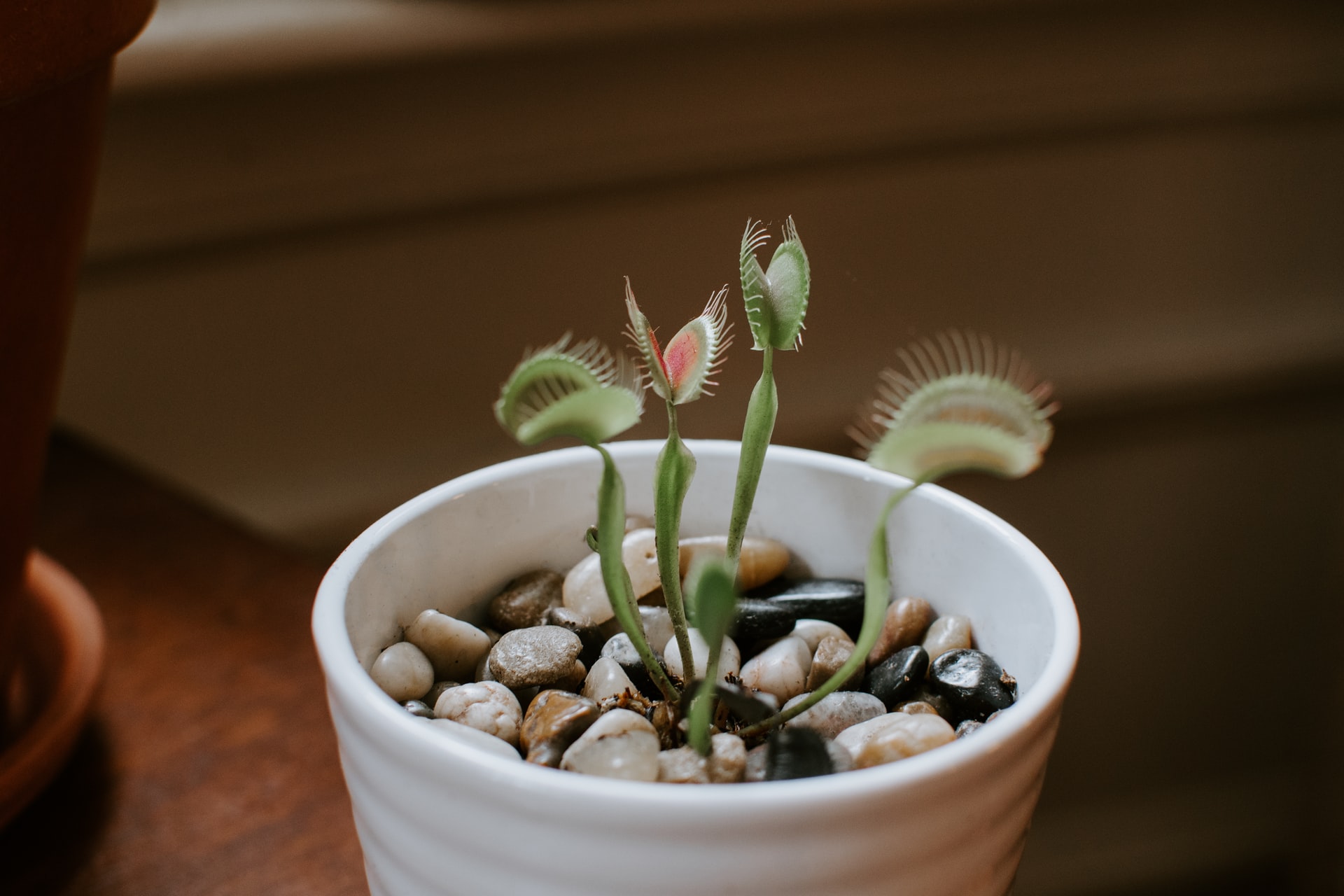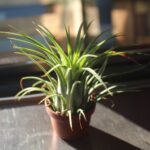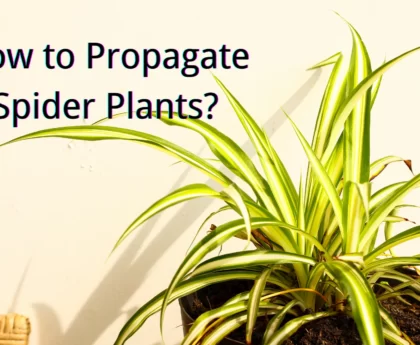Venus flytraps are not poisonous to cats or dogs, according to the ASPCA. They are not harmful to any pet or human. They are safe to ingest and will only induce mild indigestion at most. If swallowed, Venus flytraps are perfectly harmless for cats, dogs, other pets, and even humans.
Are Venus Fly Traps Poisonous To Cats?
A Venus flytrap attracts insects by releasing pleasant nectar that is deadly to them. This same nectar, however, is not poisonous to cats. There are no harmful compounds in the Venus flytrap plant that would make your cat sick if they nibbled on a portion of it. As a result, the Venus flytrap is regarded as a safe indoor plant for cat owners.
Your cat will most likely cause more damage to the Venus flytrap than the plant. This is why it’s critical to maintain the plant at a location where the cat can’t access to it. While a nibble may not cause much harm, if your cat eats too many nibbles, it may influence how the plant grows.
There have been no reports of Venus flytraps killing or injuring cats. Because most cats are bigger than the Venus flytrap, their bodies are unable to activate the plant. If your cat comes close to or touches the plant, it will not snap at them.
In reality, a Venus flytrap can only capture something if the hairs in its trap are activated. They devour insects because the insects brush up against the hairs as they move about the trap looking for honey. To trap anything, the hairs must be activated twice in a row.
A cat is too large to enter the Venus fly trap’s trap and correctly activate it. Even kittens and other little hairy creatures are too large to be caught by one of these carnivorous plants. A cat would not be harmed if it stuck its paw in the plant’s trap. The plant’s jaws are quite weak and will not cause discomfort to a cat.
You may be interested in:
- Are Bromeliads Toxic To Pet Cats
- Are Fiddle Leaf Figs Toxic to Pet Cats, Dogs, or Other Animals
- Are Air Plants Toxic to Pet Cats, Dogs, or Other Animals
- Is The ZZ Plant Poisonous for Cats, Dogs, or Other Pets
What Happens if a Cat Eats a Venus Flytrap?
You don’t need to be concerned about your cat’s health if you have flytrap plants. Humans and cats are not poisoned by flytraps. They emit an odor that attracts insects, but because it is sour and slightly fruity, most cats seem uninterested in it. After all, Venus flytraps are attempting to attract bugs that consume decaying fruit or flower nectar rather than predatory animals. If your cat is fond of houseplants, she may give the plant an exploratory bite. If she eats bugs frequently, she can be drawn to a Venus flytrap that has just eaten.
How To Keep Your Venus Flytrap Safe From A Cat?
Before you bring a Venus fly plant home, you should be aware that they are delicate plants. If you have a nosy cat, they might cause significant damage to the plant. Let’s look at some of the things you can do to keep cats away from your Venus flytrap.
Cats Despise Fragrance
Certain aromas are repulsive to cats, so you may need to break out the essential oils and create a cat repellant. Lavender and citrus are two smells that are healthy for plants yet disliked by cats (lemon, lime, orange, grapefruit).
Cayenne pepper and chili powder are also believed to deter cats, however using hot goods is not recommended. If your cat becomes intrigued and consumes the pepper, it may suffer eye and nose damage.
Utilize Pebbles
Has your cat harmed your houseplants by urinating in the pots? Even if your cat does not utilize potted plants as an alternative litter box, it is likely to be interested in digging in the dirt.
This is readily remedied by laying a layer of stones on top. Pinecones, seashells, and sea glass are also suitable. However, don’t pack the layer in too firmly, or water will not be able to flow freely.
Out of Mind, Out of Sight
Your cat cannot harm a Venus flytrap if it cannot reach it. Examine your living environment to discover which spots provide for nice sunshine while remaining secure from the cat.
Because some cats are persistent, the answer to the preceding sentence may be nowhere for certain pet parents. This does not imply you are out of options. You might need to buy some containers or baskets that can be hung on the wall or suspended from the ceiling.
Plant Cat Grass
Cats enjoy chomping on plants, so why not create one just for that purpose? Distracting your cats with something they like is an excellent technique to discourage them from nibbling on your plants. Cat grass and catnip are popular, but mint and thyme are also popular. There are other safe plants to gnaw on that your cat will prefer over a Venus flytrap.
Increase the frequency with which you clean the litter box.
One of the main reasons a cat is lured to a houseplant is to utilize the soil as their own toilet. If their litter box is excessively filthy, they will go somewhere to do their business.
You wouldn’t want to go to the bathroom on an unclean toilet, and your cat is no different. Cleaning its litter more frequently might prevent it from utilizing the soil of your plant as a litter box.
Conclusion
You don’t have to worry about your cat getting into houseplants if she eats Venus flytraps. These plants may appear frightening, but they will not harm your cat and are not poisonous if consumed, making them suitable for keeping around cats.









